Those hoping to stock up on pyrotechnics for New Year’s Eve this year will be able to do so from Thursday to Saturday after the sales window was brought forward by a day.
In normal years, Germany allows the sale of fireworks to the general public from the 29th to the 31st, but since the 31st falls on a Sunday this year, sales began on the 28th this year.
Following record sales of €180 million in 2022, the German Pyrotechnic Association (VPI) is expecting a similar volume of sales this year.
New Year’s Eve 2022 was the first opportunity people had to legally buy fireworks following a two-year ban during Covid, which was put in place to avoid overburdening hospitals or encouraging large gatherings.
But as firework fans head to supermarkets and discounters to pick up an arsenal of rockets and firecrackers, police, animal rights groups, and doctors’ associations have renewed their calls for an all-out ban.
Opponents of the current rules cite the risk of injury and public safety issues with fireworks, as well as the fact that hospital A&E wards are often overrun on New Year’s Eve.
Germany’s laid-back rules on private firework sales have been the subject of fierce debate following violent scenes on the streets of German cities on December 31st, 2022.
In some districts of Berlin, groups of young men fired rockets and firecrackers at police and ambulance workers during chaotic rampages on New Year’s Eve.
According to Interior Minister Nancy Faeser (SPD), public celebrations in 2023 also have the potential to turn violent, particularly in light of the Israel-Gaza war.
“I’m worried that New Year’s Eve could once again be a day on which we have to experience blind rage and senseless violence in some cities, for example against police officers or rescue workers,” Faeser said before Christmas.
Only 1 in 5 adults buy fireworks
According to a new Yougov survey, people who buy fireworks in Germany are in the minority, with just 18 percent of respondents saying they planned to stock up on firecrackers this year.
In contrast, 77 percent said they had no plans to buy fireworks.
Young people aged 18-24 were the demographic most interested in fireworks, with 33 percent in this group saying they wanted to buy some rockets for New Year’s Eve.
A further INSA survey for Bild found that half of Germans would support a full-scale ban on fireworks, while around 42 percent would reject a ban.
In a sign that the issue remains divisive, 43 percent said they were worried about more riots on New Year’s Eve, while 51 percent said they weren’t concerned about riots.
READ ALSO: Do Germans want a complete ban on New Year’s Eve fireworks?

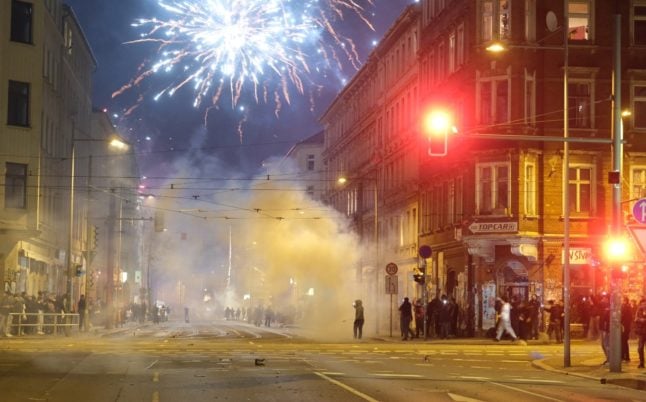
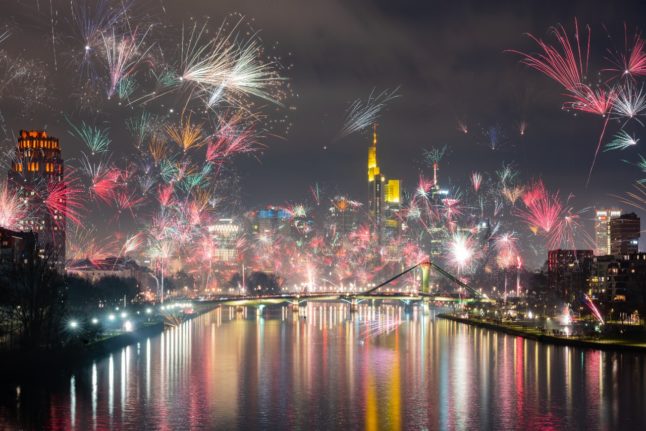
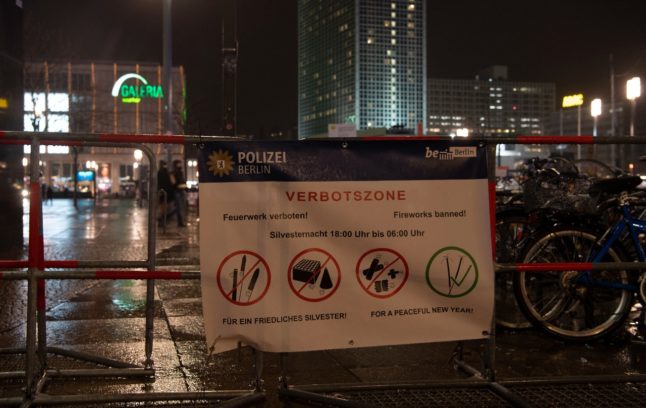

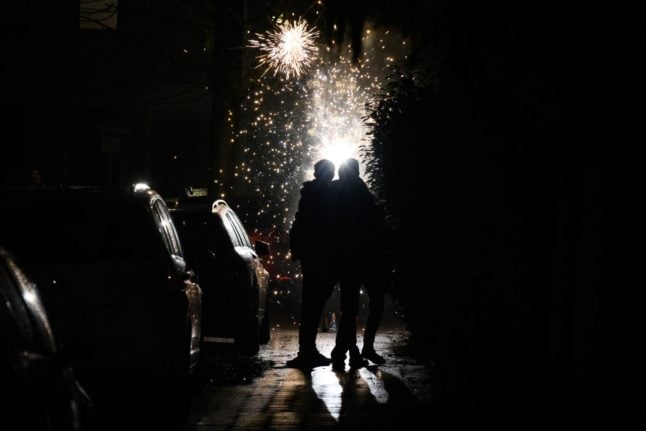
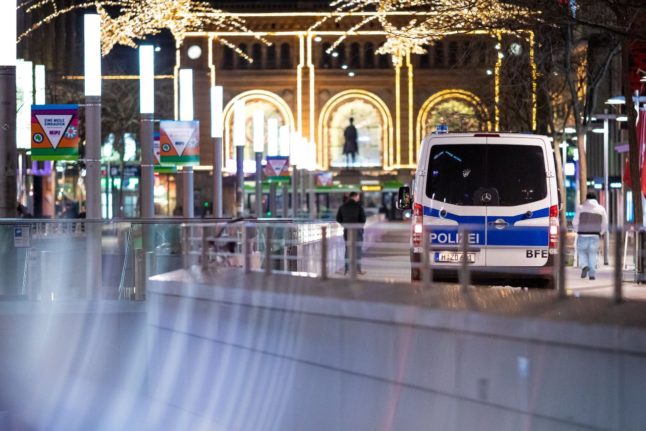
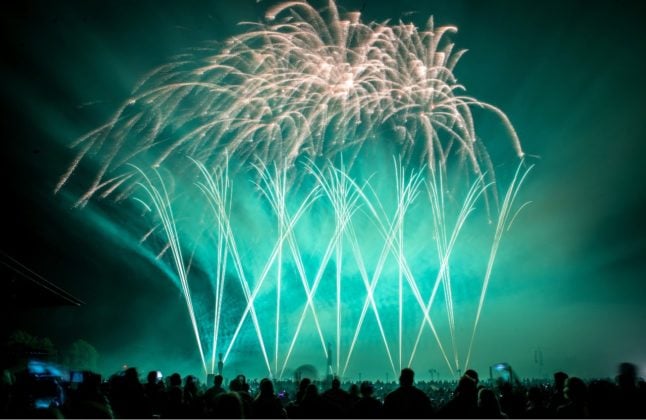
 Please whitelist us to continue reading.
Please whitelist us to continue reading.
Member comments